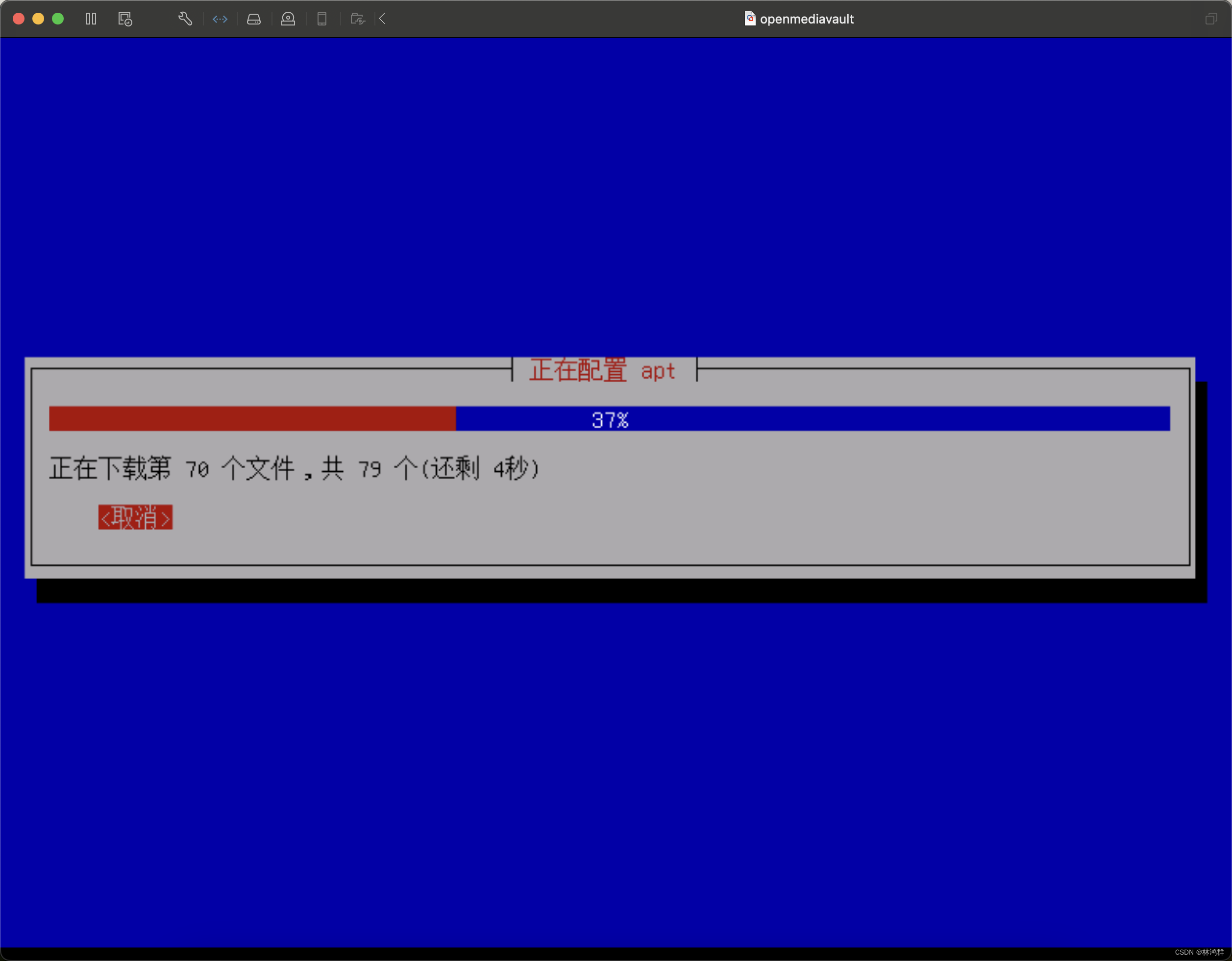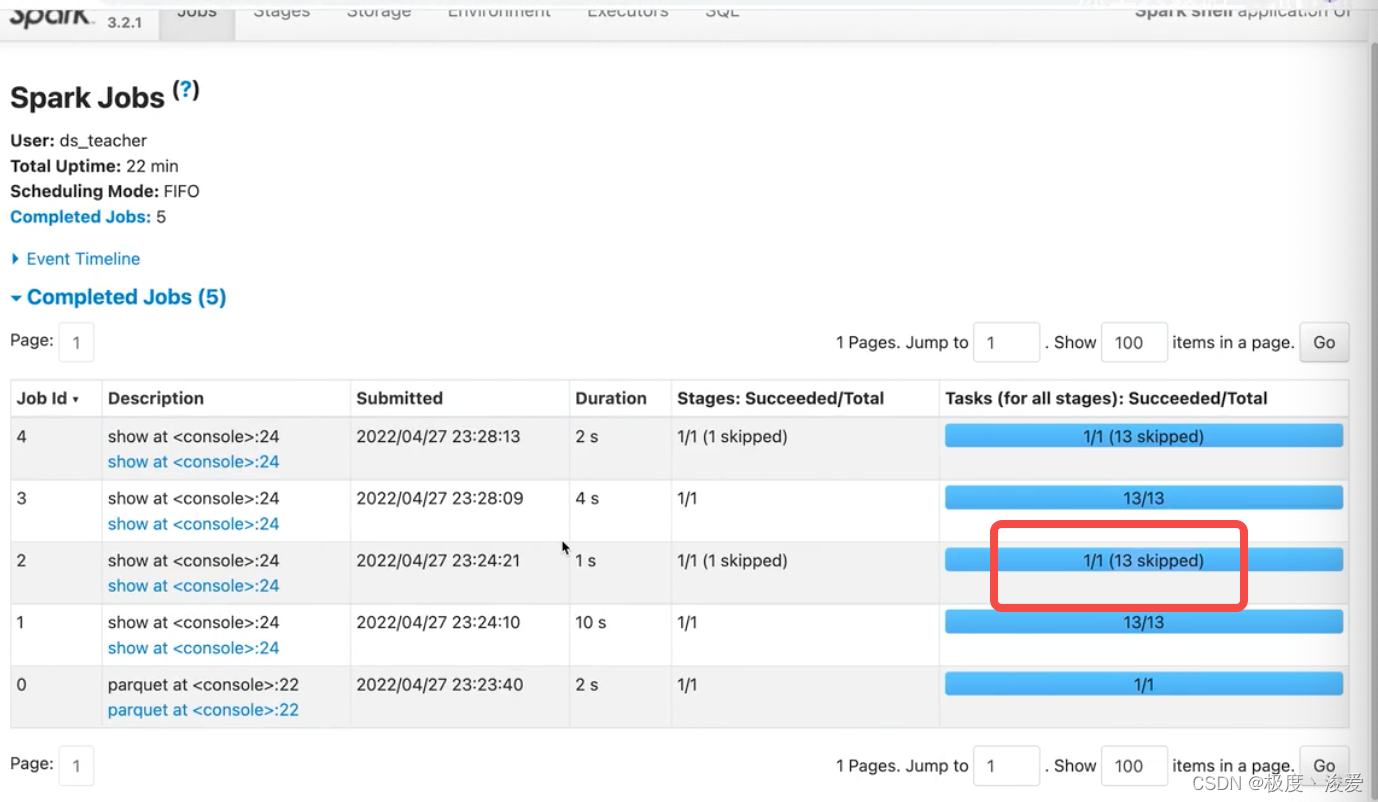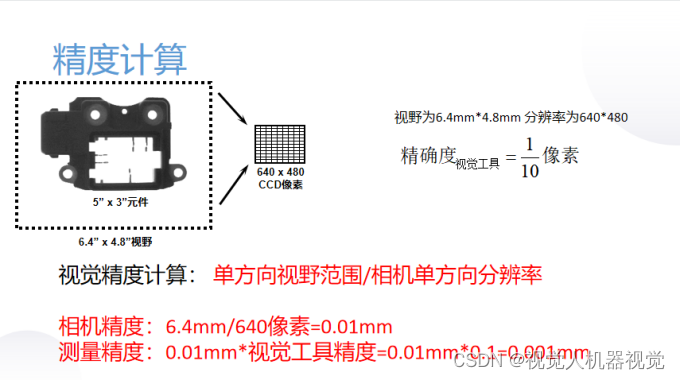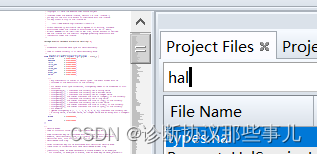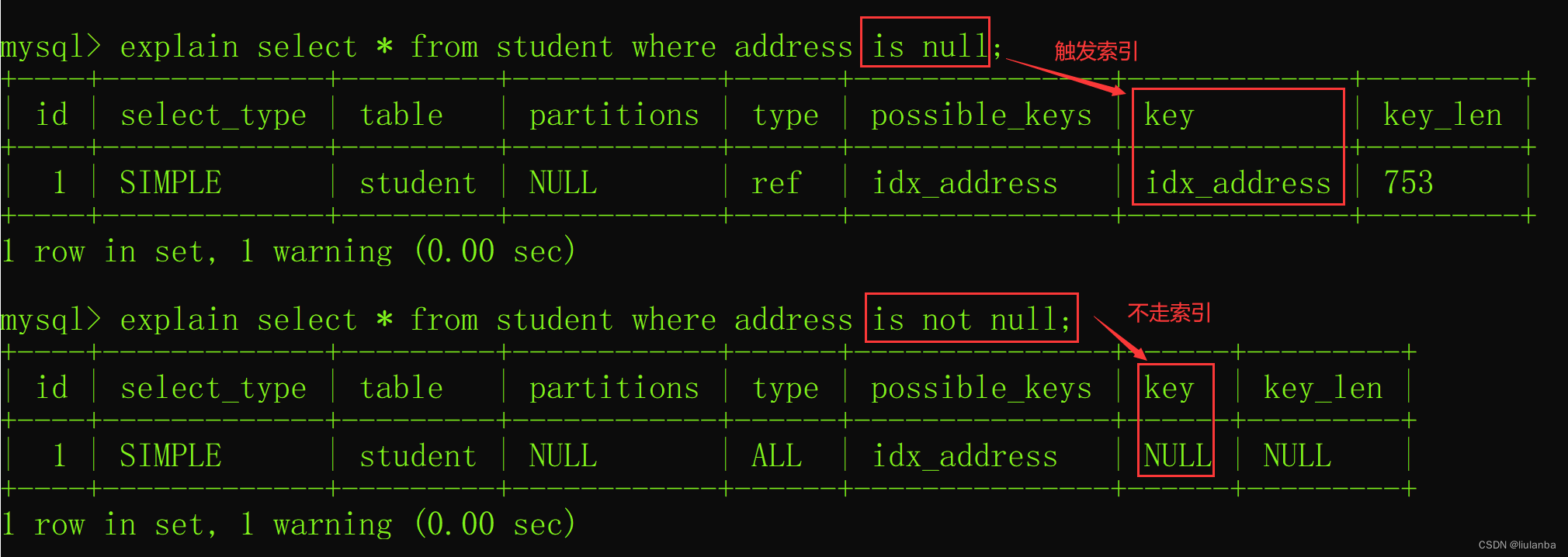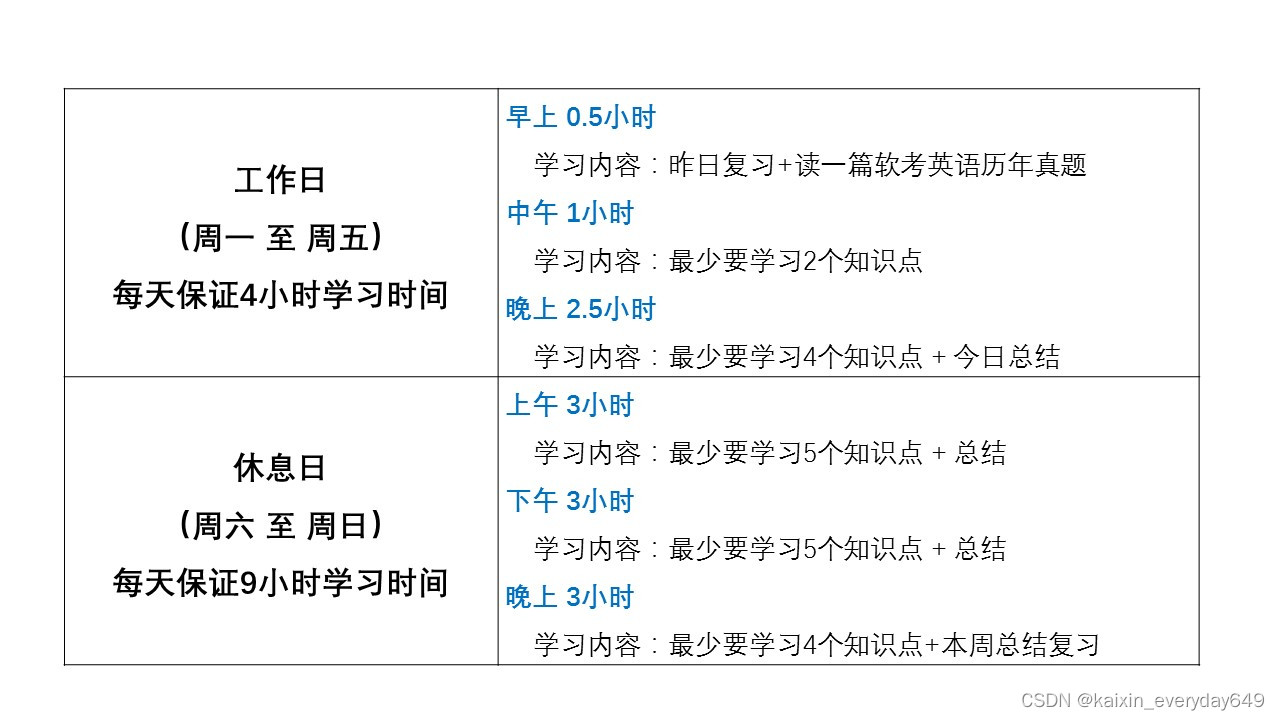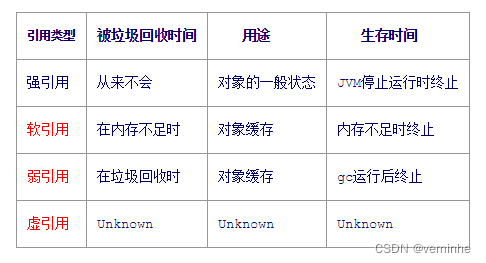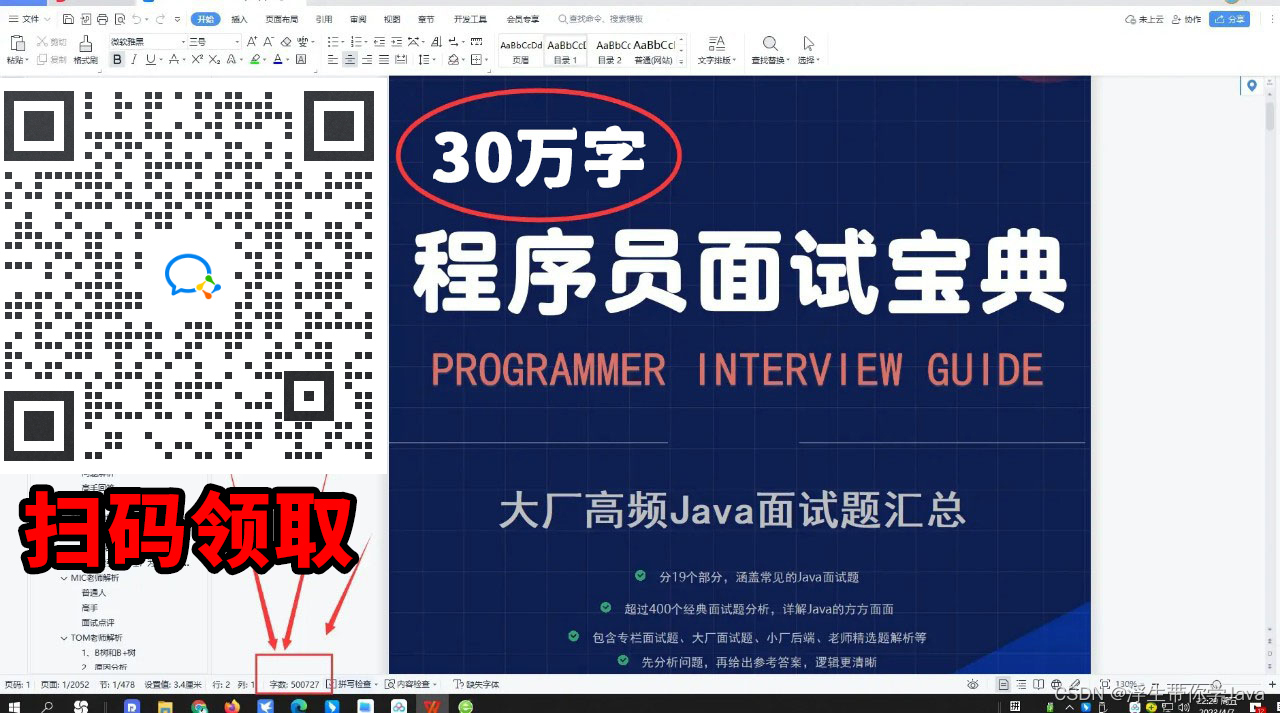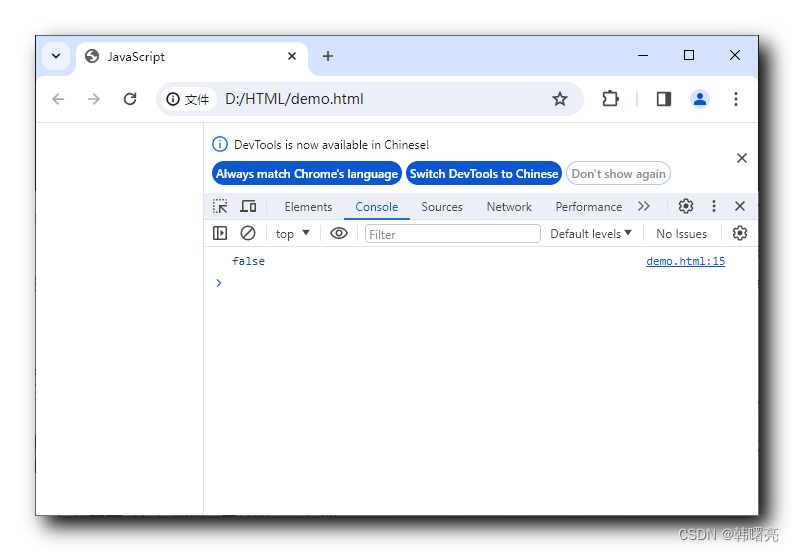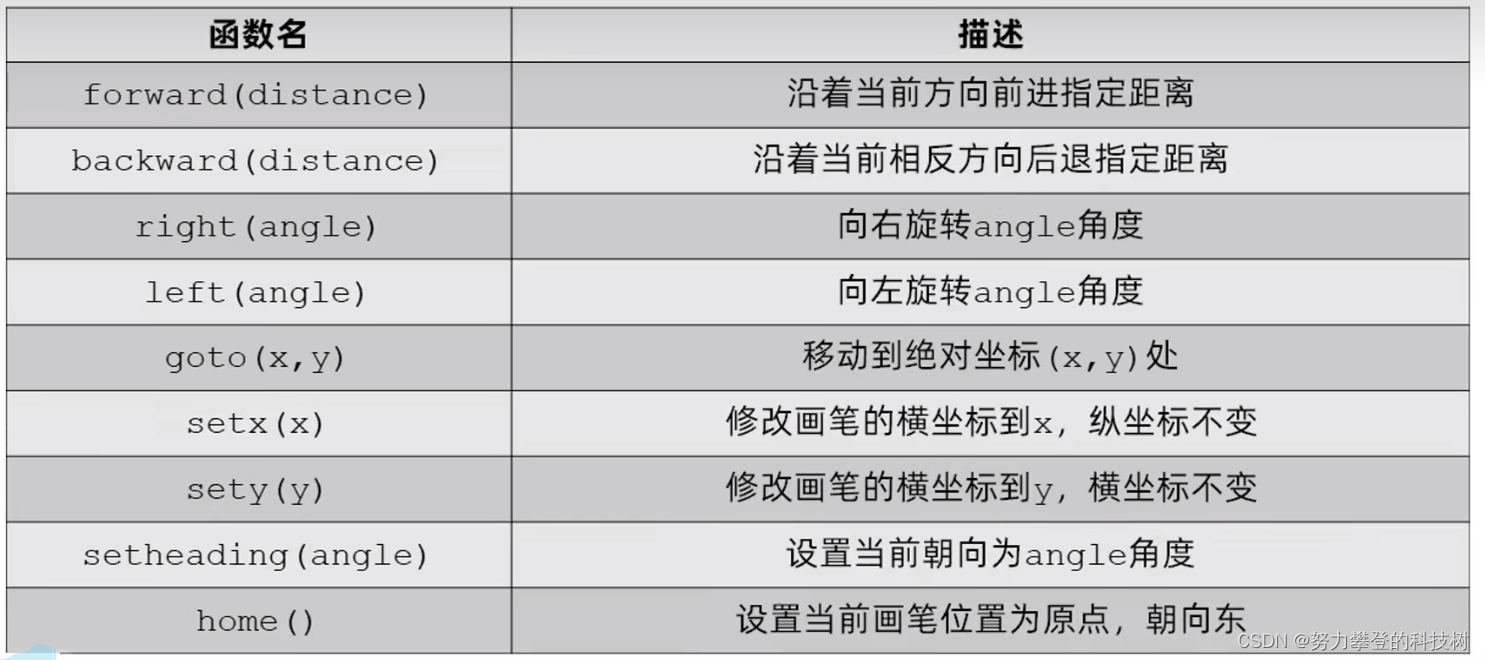查看exe基本信息
需要反编译的exe
![]()
查看exe文件的打包工具,查看exe信息的软件叫Detect It Easy(查壳工具)
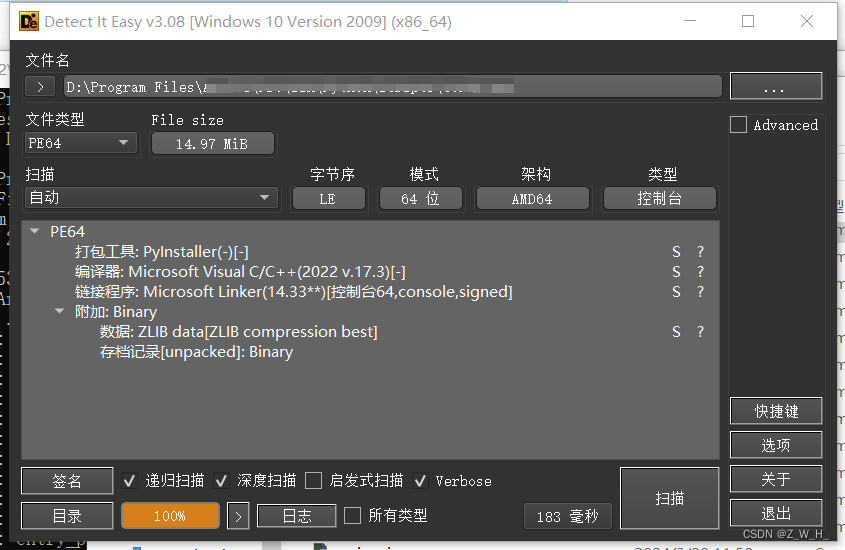
由图我们可以看出当前选中的exe文件是由名叫PyInstaller的打包工具打包好的exe
反编译
exe反编译工具:pyinstxtractor.py
使用方法
python pyinstxtractor.py XXXXX.exe反编译工具内容,读者只需要将其复制粘贴即可用,并命名为pyinstxtractor.py
"""
PyInstaller Extractor v2.0 (Supports pyinstaller 6.3.0, 6.2.0, 6.1.0, 6.0.0, 5.13.2, 5.13.1, 5.13.0, 5.12.0, 5.11.0, 5.10.1, 5.10.0, 5.9.0, 5.8.0, 5.7.0, 5.6.2, 5.6.1, 5.6, 5.5, 5.4.1, 5.4, 5.3, 5.2, 5.1, 5.0.1, 5.0, 4.10, 4.9, 4.8, 4.7, 4.6, 4.5.1, 4.5, 4.4, 4.3, 4.2, 4.1, 4.0, 3.6, 3.5, 3.4, 3.3, 3.2, 3.1, 3.0, 2.1, 2.0)
Author : Extreme Coders
E-mail : extremecoders(at)hotmail(dot)com
Web : https://0xec.blogspot.com
Date : 26-March-2020
Url : https://github.com/extremecoders-re/pyinstxtractor
For any suggestions, leave a comment on
https://forum.tuts4you.com/topic/34455-pyinstaller-extractor/
This script extracts a pyinstaller generated executable file.
Pyinstaller installation is not needed. The script has it all.
For best results, it is recommended to run this script in the
same version of python as was used to create the executable.
This is just to prevent unmarshalling errors(if any) while
extracting the PYZ archive.
Usage : Just copy this script to the directory where your exe resides
and run the script with the exe file name as a parameter
C:\\path\\to\\exe\\>python pyinstxtractor.py <filename>
$ /path/to/exe/python pyinstxtractor.py <filename>
Licensed under GNU General Public License (GPL) v3.
You are free to modify this source.
CHANGELOG
================================================
Version 1.1 (Jan 28, 2014)
-------------------------------------------------
- First Release
- Supports only pyinstaller 2.0
Version 1.2 (Sept 12, 2015)
-------------------------------------------------
- Added support for pyinstaller 2.1 and 3.0 dev
- Cleaned up code
- Script is now more verbose
- Executable extracted within a dedicated sub-directory
(Support for pyinstaller 3.0 dev is experimental)
Version 1.3 (Dec 12, 2015)
-------------------------------------------------
- Added support for pyinstaller 3.0 final
- Script is compatible with both python 2.x & 3.x (Thanks to Moritz Kroll @ Avira Operations GmbH & Co. KG)
Version 1.4 (Jan 19, 2016)
-------------------------------------------------
- Fixed a bug when writing pyc files >= version 3.3 (Thanks to Daniello Alto: https://github.com/Djamana)
Version 1.5 (March 1, 2016)
-------------------------------------------------
- Added support for pyinstaller 3.1 (Thanks to Berwyn Hoyt for reporting)
Version 1.6 (Sept 5, 2016)
-------------------------------------------------
- Added support for pyinstaller 3.2
- Extractor will use a random name while extracting unnamed files.
- For encrypted pyz archives it will dump the contents as is. Previously, the tool would fail.
Version 1.7 (March 13, 2017)
-------------------------------------------------
- Made the script compatible with python 2.6 (Thanks to Ross for reporting)
Version 1.8 (April 28, 2017)
-------------------------------------------------
- Support for sub-directories in .pyz files (Thanks to Moritz Kroll @ Avira Operations GmbH & Co. KG)
Version 1.9 (November 29, 2017)
-------------------------------------------------
- Added support for pyinstaller 3.3
- Display the scripts which are run at entry (Thanks to Michael Gillespie @ malwarehunterteam for the feature request)
Version 2.0 (March 26, 2020)
-------------------------------------------------
- Project migrated to github
- Supports pyinstaller 3.6
- Added support for Python 3.7, 3.8
- The header of all extracted pyc's are now automatically fixed
"""
from __future__ import print_function
import os
import struct
import marshal
import zlib
import sys
from uuid import uuid4 as uniquename
class CTOCEntry:
def __init__(self, position, cmprsdDataSize, uncmprsdDataSize, cmprsFlag, typeCmprsData, name):
self.position = position
self.cmprsdDataSize = cmprsdDataSize
self.uncmprsdDataSize = uncmprsdDataSize
self.cmprsFlag = cmprsFlag
self.typeCmprsData = typeCmprsData
self.name = name
class PyInstArchive:
PYINST20_COOKIE_SIZE = 24 # For pyinstaller 2.0
PYINST21_COOKIE_SIZE = 24 + 64 # For pyinstaller 2.1+
MAGIC = b'MEI\014\013\012\013\016' # Magic number which identifies pyinstaller
def __init__(self, path):
self.filePath = path
self.pycMagic = b'\0' * 4
self.barePycList = [] # List of pyc's whose headers have to be fixed
def open(self):
try:
self.fPtr = open(self.filePath, 'rb')
self.fileSize = os.stat(self.filePath).st_size
except:
print('[!] Error: Could not open {0}'.format(self.filePath))
return False
return True
def close(self):
try:
self.fPtr.close()
except:
pass
def checkFile(self):
print('[+] Processing {0}'.format(self.filePath))
searchChunkSize = 8192
endPos = self.fileSize
self.cookiePos = -1
if endPos < len(self.MAGIC):
print('[!] Error : File is too short or truncated')
return False
while True:
startPos = endPos - searchChunkSize if endPos >= searchChunkSize else 0
chunkSize = endPos - startPos
if chunkSize < len(self.MAGIC):
break
self.fPtr.seek(startPos, os.SEEK_SET)
data = self.fPtr.read(chunkSize)
offs = data.rfind(self.MAGIC)
if offs != -1:
self.cookiePos = startPos + offs
break
endPos = startPos + len(self.MAGIC) - 1
if startPos == 0:
break
if self.cookiePos == -1:
print('[!] Error : Missing cookie, unsupported pyinstaller version or not a pyinstaller archive')
return False
self.fPtr.seek(self.cookiePos + self.PYINST20_COOKIE_SIZE, os.SEEK_SET)
if b'python' in self.fPtr.read(64).lower():
print('[+] Pyinstaller version: 2.1+')
self.pyinstVer = 21 # pyinstaller 2.1+
else:
self.pyinstVer = 20 # pyinstaller 2.0
print('[+] Pyinstaller version: 2.0')
return True
def getCArchiveInfo(self):
try:
if self.pyinstVer == 20:
self.fPtr.seek(self.cookiePos, os.SEEK_SET)
# Read CArchive cookie
(magic, lengthofPackage, toc, tocLen, pyver) = \
struct.unpack('!8siiii', self.fPtr.read(self.PYINST20_COOKIE_SIZE))
elif self.pyinstVer == 21:
self.fPtr.seek(self.cookiePos, os.SEEK_SET)
# Read CArchive cookie
(magic, lengthofPackage, toc, tocLen, pyver, pylibname) = \
struct.unpack('!8sIIii64s', self.fPtr.read(self.PYINST21_COOKIE_SIZE))
except:
print('[!] Error : The file is not a pyinstaller archive')
return False
self.pymaj, self.pymin = (pyver//100, pyver%100) if pyver >= 100 else (pyver//10, pyver%10)
print('[+] Python version: {0}.{1}'.format(self.pymaj, self.pymin))
# Additional data after the cookie
tailBytes = self.fileSize - self.cookiePos - (self.PYINST20_COOKIE_SIZE if self.pyinstVer == 20 else self.PYINST21_COOKIE_SIZE)
# Overlay is the data appended at the end of the PE
self.overlaySize = lengthofPackage + tailBytes
self.overlayPos = self.fileSize - self.overlaySize
self.tableOfContentsPos = self.overlayPos + toc
self.tableOfContentsSize = tocLen
print('[+] Length of package: {0} bytes'.format(lengthofPackage))
return True
def parseTOC(self):
# Go to the table of contents
self.fPtr.seek(self.tableOfContentsPos, os.SEEK_SET)
self.tocList = []
parsedLen = 0
# Parse table of contents
while parsedLen < self.tableOfContentsSize:
(entrySize, ) = struct.unpack('!i', self.fPtr.read(4))
nameLen = struct.calcsize('!iIIIBc')
(entryPos, cmprsdDataSize, uncmprsdDataSize, cmprsFlag, typeCmprsData, name) = \
struct.unpack( \
'!IIIBc{0}s'.format(entrySize - nameLen), \
self.fPtr.read(entrySize - 4))
try:
name = name.decode("utf-8").rstrip("\0")
except UnicodeDecodeError:
newName = str(uniquename())
print('[!] Warning: File name {0} contains invalid bytes. Using random name {1}'.format(name, newName))
name = newName
# Prevent writing outside the extraction directory
if name.startswith("/"):
name = name.lstrip("/")
if len(name) == 0:
name = str(uniquename())
print('[!] Warning: Found an unamed file in CArchive. Using random name {0}'.format(name))
self.tocList.append( \
CTOCEntry( \
self.overlayPos + entryPos, \
cmprsdDataSize, \
uncmprsdDataSize, \
cmprsFlag, \
typeCmprsData, \
name \
))
parsedLen += entrySize
print('[+] Found {0} files in CArchive'.format(len(self.tocList)))
def _writeRawData(self, filepath, data):
nm = filepath.replace('\\', os.path.sep).replace('/', os.path.sep).replace('..', '__')
nmDir = os.path.dirname(nm)
if nmDir != '' and not os.path.exists(nmDir): # Check if path exists, create if not
os.makedirs(nmDir)
with open(nm, 'wb') as f:
f.write(data)
def extractFiles(self):
print('[+] Beginning extraction...please standby')
extractionDir = os.path.join(os.getcwd(), os.path.basename(self.filePath) + '_extracted')
if not os.path.exists(extractionDir):
os.mkdir(extractionDir)
os.chdir(extractionDir)
for entry in self.tocList:
self.fPtr.seek(entry.position, os.SEEK_SET)
data = self.fPtr.read(entry.cmprsdDataSize)
if entry.cmprsFlag == 1:
try:
data = zlib.decompress(data)
except zlib.error:
print('[!] Error : Failed to decompress {0}'.format(entry.name))
continue
# Malware may tamper with the uncompressed size
# Comment out the assertion in such a case
assert len(data) == entry.uncmprsdDataSize # Sanity Check
if entry.typeCmprsData == b'd' or entry.typeCmprsData == b'o':
# d -> ARCHIVE_ITEM_DEPENDENCY
# o -> ARCHIVE_ITEM_RUNTIME_OPTION
# These are runtime options, not files
continue
basePath = os.path.dirname(entry.name)
if basePath != '':
# Check if path exists, create if not
if not os.path.exists(basePath):
os.makedirs(basePath)
if entry.typeCmprsData == b's':
# s -> ARCHIVE_ITEM_PYSOURCE
# Entry point are expected to be python scripts
print('[+] Possible entry point: {0}.pyc'.format(entry.name))
if self.pycMagic == b'\0' * 4:
# if we don't have the pyc header yet, fix them in a later pass
self.barePycList.append(entry.name + '.pyc')
self._writePyc(entry.name + '.pyc', data)
elif entry.typeCmprsData == b'M' or entry.typeCmprsData == b'm':
# M -> ARCHIVE_ITEM_PYPACKAGE
# m -> ARCHIVE_ITEM_PYMODULE
# packages and modules are pyc files with their header intact
# From PyInstaller 5.3 and above pyc headers are no longer stored
# https://github.com/pyinstaller/pyinstaller/commit/a97fdf
if data[2:4] == b'\r\n':
# < pyinstaller 5.3
if self.pycMagic == b'\0' * 4:
self.pycMagic = data[0:4]
self._writeRawData(entry.name + '.pyc', data)
else:
# >= pyinstaller 5.3
if self.pycMagic == b'\0' * 4:
# if we don't have the pyc header yet, fix them in a later pass
self.barePycList.append(entry.name + '.pyc')
self._writePyc(entry.name + '.pyc', data)
else:
self._writeRawData(entry.name, data)
if entry.typeCmprsData == b'z' or entry.typeCmprsData == b'Z':
self._extractPyz(entry.name)
# Fix bare pyc's if any
self._fixBarePycs()
def _fixBarePycs(self):
for pycFile in self.barePycList:
with open(pycFile, 'r+b') as pycFile:
# Overwrite the first four bytes
pycFile.write(self.pycMagic)
def _writePyc(self, filename, data):
with open(filename, 'wb') as pycFile:
pycFile.write(self.pycMagic) # pyc magic
if self.pymaj >= 3 and self.pymin >= 7: # PEP 552 -- Deterministic pycs
pycFile.write(b'\0' * 4) # Bitfield
pycFile.write(b'\0' * 8) # (Timestamp + size) || hash
else:
pycFile.write(b'\0' * 4) # Timestamp
if self.pymaj >= 3 and self.pymin >= 3:
pycFile.write(b'\0' * 4) # Size parameter added in Python 3.3
pycFile.write(data)
def _extractPyz(self, name):
dirName = name + '_extracted'
# Create a directory for the contents of the pyz
if not os.path.exists(dirName):
os.mkdir(dirName)
with open(name, 'rb') as f:
pyzMagic = f.read(4)
assert pyzMagic == b'PYZ\0' # Sanity Check
pyzPycMagic = f.read(4) # Python magic value
if self.pycMagic == b'\0' * 4:
self.pycMagic = pyzPycMagic
elif self.pycMagic != pyzPycMagic:
self.pycMagic = pyzPycMagic
print('[!] Warning: pyc magic of files inside PYZ archive are different from those in CArchive')
# Skip PYZ extraction if not running under the same python version
if self.pymaj != sys.version_info.major or self.pymin != sys.version_info.minor:
print('[!] Warning: This script is running in a different Python version than the one used to build the executable.')
print('[!] Please run this script in Python {0}.{1} to prevent extraction errors during unmarshalling'.format(self.pymaj, self.pymin))
print('[!] Skipping pyz extraction')
return
(tocPosition, ) = struct.unpack('!i', f.read(4))
f.seek(tocPosition, os.SEEK_SET)
try:
toc = marshal.load(f)
except:
print('[!] Unmarshalling FAILED. Cannot extract {0}. Extracting remaining files.'.format(name))
return
print('[+] Found {0} files in PYZ archive'.format(len(toc)))
# From pyinstaller 3.1+ toc is a list of tuples
if type(toc) == list:
toc = dict(toc)
for key in toc.keys():
(ispkg, pos, length) = toc[key]
f.seek(pos, os.SEEK_SET)
fileName = key
try:
# for Python > 3.3 some keys are bytes object some are str object
fileName = fileName.decode('utf-8')
except:
pass
# Prevent writing outside dirName
fileName = fileName.replace('..', '__').replace('.', os.path.sep)
if ispkg == 1:
filePath = os.path.join(dirName, fileName, '__init__.pyc')
else:
filePath = os.path.join(dirName, fileName + '.pyc')
fileDir = os.path.dirname(filePath)
if not os.path.exists(fileDir):
os.makedirs(fileDir)
try:
data = f.read(length)
data = zlib.decompress(data)
except:
print('[!] Error: Failed to decompress {0}, probably encrypted. Extracting as is.'.format(filePath))
open(filePath + '.encrypted', 'wb').write(data)
else:
self._writePyc(filePath, data)
def main():
if len(sys.argv) < 2:
print('[+] Usage: pyinstxtractor.py <filename>')
else:
arch = PyInstArchive(sys.argv[1])
if arch.open():
if arch.checkFile():
if arch.getCArchiveInfo():
arch.parseTOC()
arch.extractFiles()
arch.close()
print('[+] Successfully extracted pyinstaller archive: {0}'.format(sys.argv[1]))
print('')
print('You can now use a python decompiler on the pyc files within the extracted directory')
return
arch.close()
if __name__ == '__main__':
main()
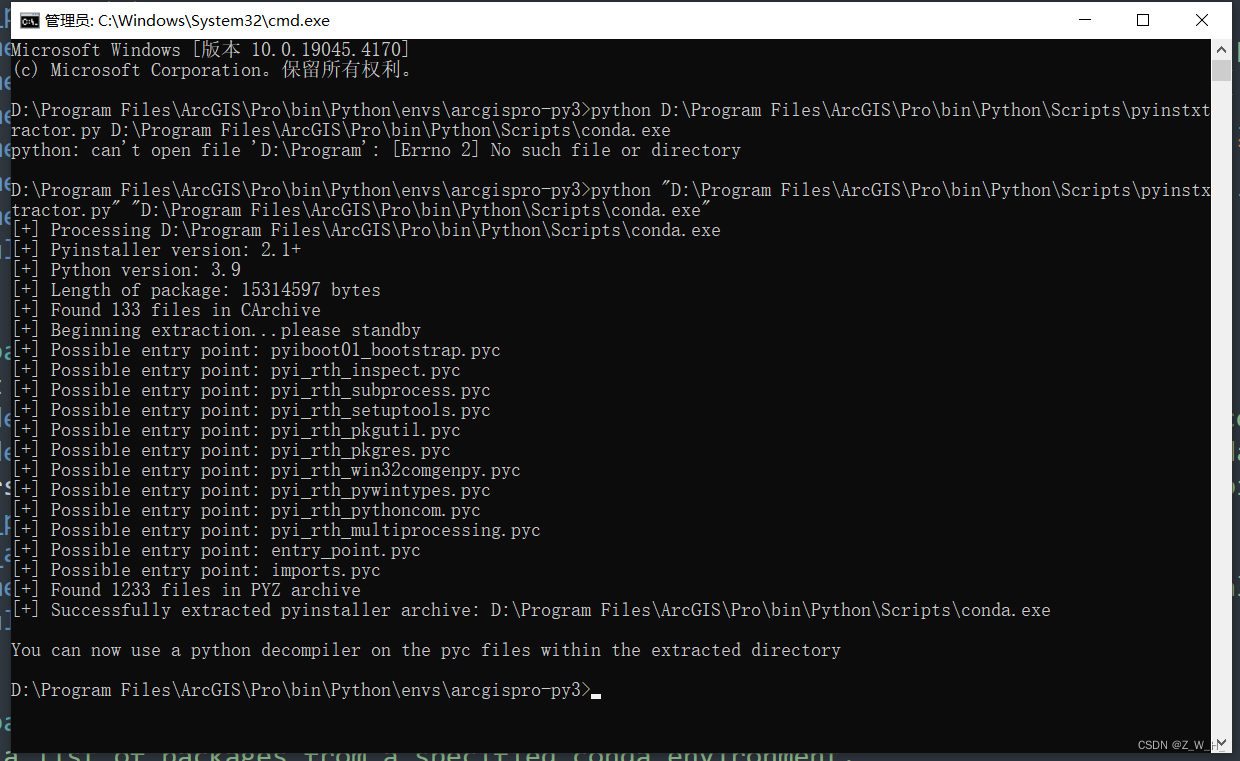
反编译的结果为一个添加后缀_extracted的文件夹
![]()
参考文献
GitHub - horsicq/Detect-It-Easy:用于确定 Windows、Linux 和 MacOS 文件类型的程序。
GitHub - extremecoders-re/pyinstxtractor:PyInstaller 提取器
超详细Pyinstaller打包exe+反编译Pyinstaller打包的exe教程+防止反编译教程 - 知乎 (zhihu.com)
